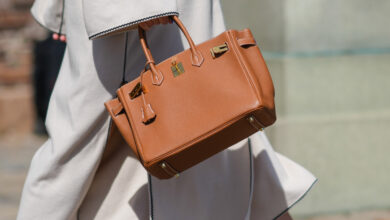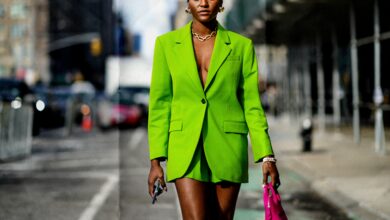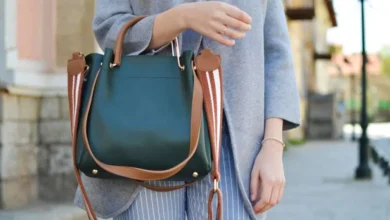5 Challenges Faced by Fashion Industry During Quarantine Period
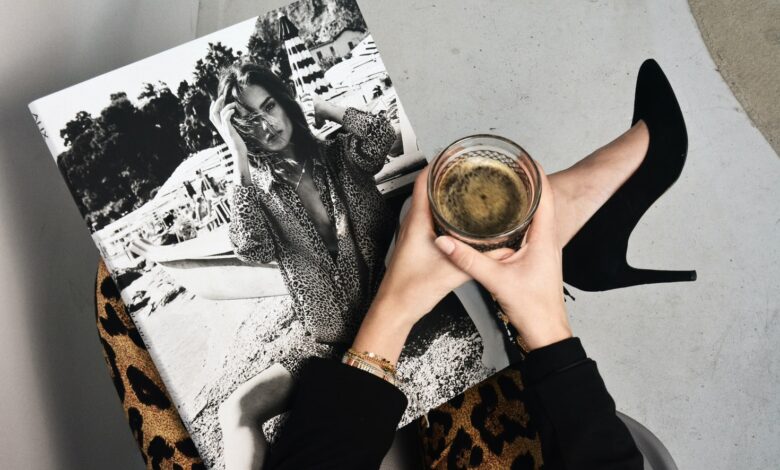
Considering the fact that the entire world is shut down by reason of the coronavirus pandemic, the fashion industry is pressurized in a negative sense in a variety of terms, such as the decrease in sales, and the closure of stores, and so forth. However, even the aforementioned issues cannot fully terminate the action of the majority of companies related to fashion.
There is a plethora of other ways and situations that are vital and require non-stop work of the producents that represent the fashion. Check more information about the importance of fashion in the essay about the fashion industry written by one of Essayshark experts writers and researchers. Also, our team has delved into clothing manufacturing and tried to find out what challenges the market faces and what the outcomes are.
1. Extensive Layoffs
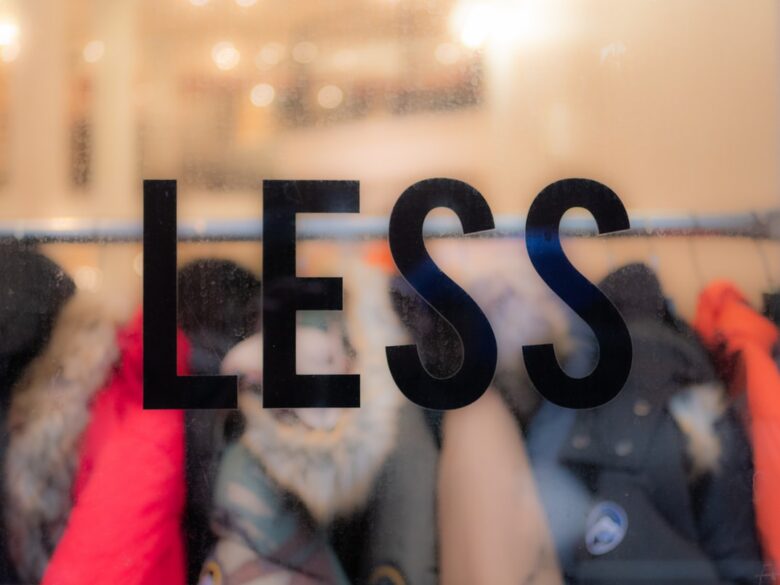
First and foremost, it would be reasonable to point out that each and every company faces such a problem and it only depends on the net worth of the company, which means that the number of fired employees fluctuates. For instance, the Oasis and Warehouse group laid off over 2000 workers and expected to cease trading completely.
(Important to admit that the Oasis and Warehouse currently trade from approximately 100 full-fledged stores and 450 concessions in malls across the United Kingdom.) As a result, the joint administrator at Deloitte stated that the unit is to be sold due to the devastation of the retail industry, which, in turn, has been caused by the COVID-19 pandemic.
2. A Closure of Storage Warehouses
It goes without saying that out of fear of spreading coronavirus, a myriad of companies shut down their storage. And Burberry is not an exception. Upon our further examination, it becomes apparent that Burberry’s warehouse located in New Jersey has closed right after a couple of staff members tested positive for COVID-19. It would also be plausible to mention that the storage used to have a total of 300 workers, which means that no matter how large the warehouse is, it is evident that following a social distancing is an unattainable aspect.
Other than that, Burberry’s authorities say that they tried to construct shifts of no more than 50 members, but it didn’t work. Also, they supplied a complete list of commodities to keep the place sterile, such as hand sanitizers, masks, and wipes. Having said that, the company keeps paying employees full wages over the world, even if they don’t work for various reasons. And even though the company is obliged to close its warehouses, it gives a profound amount of money to the future vaccine against coronavirus.
3. Financial Problems

Suffice it to say, money-related problems cause the harshest results. For instance, first-quarter sales at Hugo Boss dropped by 17 percent. The CEO of the company told that although the beginning of the year was auspicious and motivating, the global spread of the pandemic brought about a solid impact on the business. “To be more specific,” says the CEO, “the double-digit sales decline substantially weighed on earnings to minus 15 million dollars, compared to around 65 million dollars in the same quarter of 2019.” Moreover, in the Pacific region, the effects started popping up in late January, which led to a drop in sales of a total of 30 percent in the first quarter.
In Europe and the Americas, on the other hand, the reduction in sales was 14 and 17 percent, respectively. Conversely, when it comes to online sales, the group’s personal online business experienced growth of 40 percent and facing a decrease in sales in Europe and the Americas, the company notes significant improvements in China. “In April, right after the quarantine was stopped, retail stores and shops reopened, and interestingly enough, the accomplished sales were about 20 percent below the prior-year level. Overall, Hugo Boss expects a drop off in sales by at least 55 percent in the second quarter.
4. Bankruptcy Prevention
As we can see above, the financial problems Hugo Boss faces are only a drop in the bucket. J. Crew, which once was widely considered to be one of the largest America’s mall brands, is preparing to file for bankruptcy protection. Hard to say that such an announcement is unexpected and shocking because nowadays, the group is in dire need of 500 million dollars to proceed with operations.
A former player that firmly delivered widely accessible versions of American fashion clothes and recently revealed promising quarters is still incapable of attracting at least half of the customers from the good old days. Well, to speak nothing of the competitors, who made J.Crew struggle in terms of finances, certainly, before the pandemic hit, mainly by online marketplaces, such as Amazon. We would hazard a guess that J.Crew is unlikely to recapture its accessibility and ubiquitousness.
5. Prosperity?
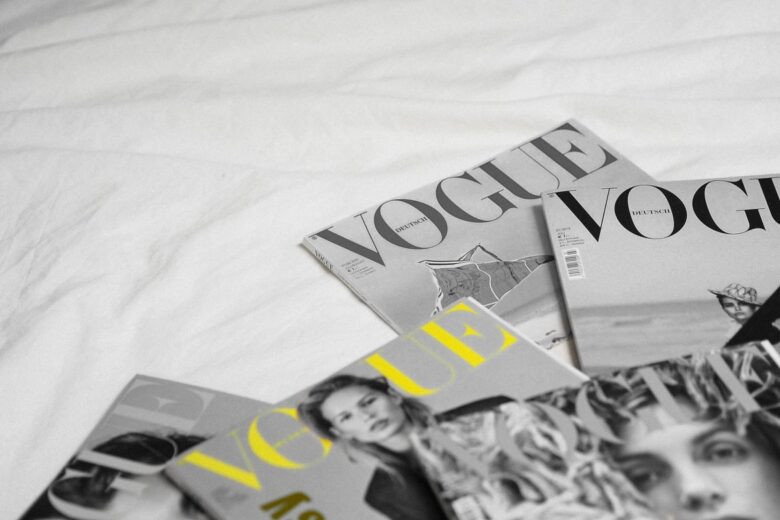
Not to mention the jewelry brand Pandora, which, in contrast to other jewelry brands that feel a financial decrease, demonstrates a confident and determined increase in sales. Furthermore, the company says that they are in a strong financial position and are ready to undergo a prolonged quarantine for the reason that it recorded positive traditional growth as well as triple-digit online growth. The group proves that it had operated an effective turnaround before the COVID-19 outbreak, launching an excellent and robust online marketing campaign.
The president and chief executive of Pandora stated that no matter how long the shutdown will last, they indubitably will protect and support their employees and ensure a very safe place for physical stores for the staff members as well as the patrons. That said, the company had only a few reported cases of the coronavirus. Besides, the company has implemented the bulk of novel aspects and reorganized its structure, mainly removing organizational layers between headquarters and local markets, which aims to ease the cooperation between markets and managers that are responsible for them.
In a Word
The fashion industry is in a tough position right now, especially when it comes to physical stores and shops. As shown above, the sales are in an awful decrease, which can lead to unpredictable changes with regard to clothes and accessories.
Notwithstanding, in spite of difficult times, dozens of brands tend to commit to coronavirus solutions by means of financing healthcare systems, giving necessary suits to doctors, and many more.

